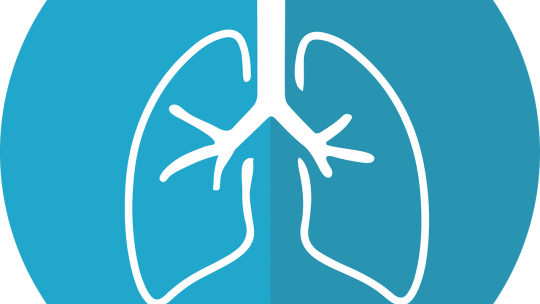
Texas House of Representatives Select Committee on Opioids & Substance Abuse: Part I
The Select Committee on Opioids and Substance Abuse met to consider Charge #1:
| Study the prevalence and impact of substance use and substance use disorders in Texas, including co-occurring mental illness. Invited testimony only. Study the prevalence and impact of opioids and synthetic drugs in Texas. Review the history of overdoses and deaths due to overdoses. Also review other health-related impacts due to substance abuse. Identify substances that are contributing to overdoses, related deaths and health impacts, and compare the data to other states. During the review, identify effective and efficient prevention and treatment responses by health care systems, including hospital districts and coordination across state and local governments. Recommend solutions to prevent overdoses and related health impacts and deaths in Texas. (Invited testimony only.) |
Read more










